How to Beat the "Big Four" Problems That Can Destroy Your Driveway

by
Wet & Forget
(IC: professional)
Your driveway is one of those things that you don't think about until something goes wrong. But a cracked, crumbling driveway is a massive eyesore that reduces your home's value and can even lead to sprained ankles or car damage. Fall is the perfect time of year to check your driveway and repair any problems you find, before colder weather gets here and increases the damage. Read on to see the "Big Four" problems that can destroy your driveway, and how to nip them in the bud and protect your driveway before it's too late.
1. Cracks
2. Potholes
3. Standing Water
Enjoyed the project?
Published February 16th, 2016 12:13 PM
Comments
Join the conversation
1 comment

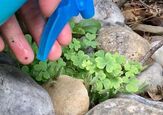

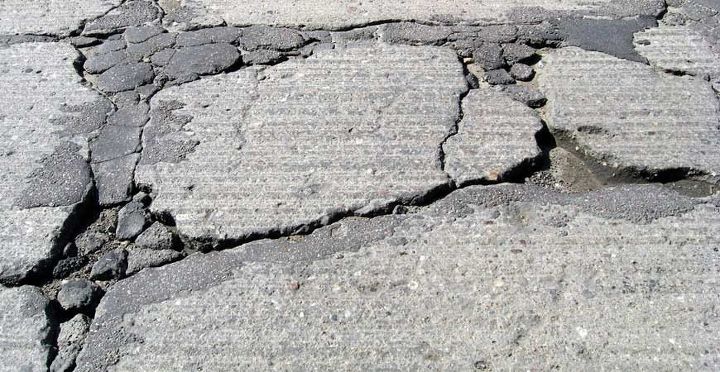




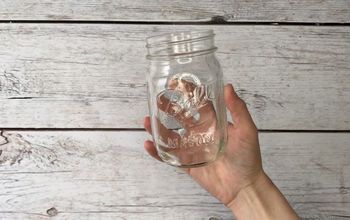


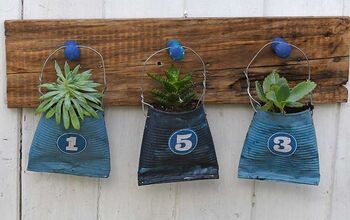

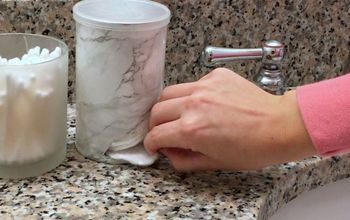





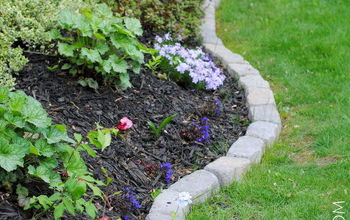


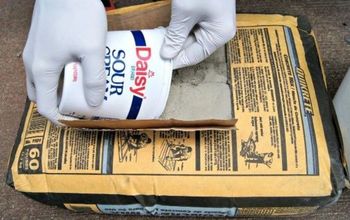




Frequently asked questions
Have a question about this project?